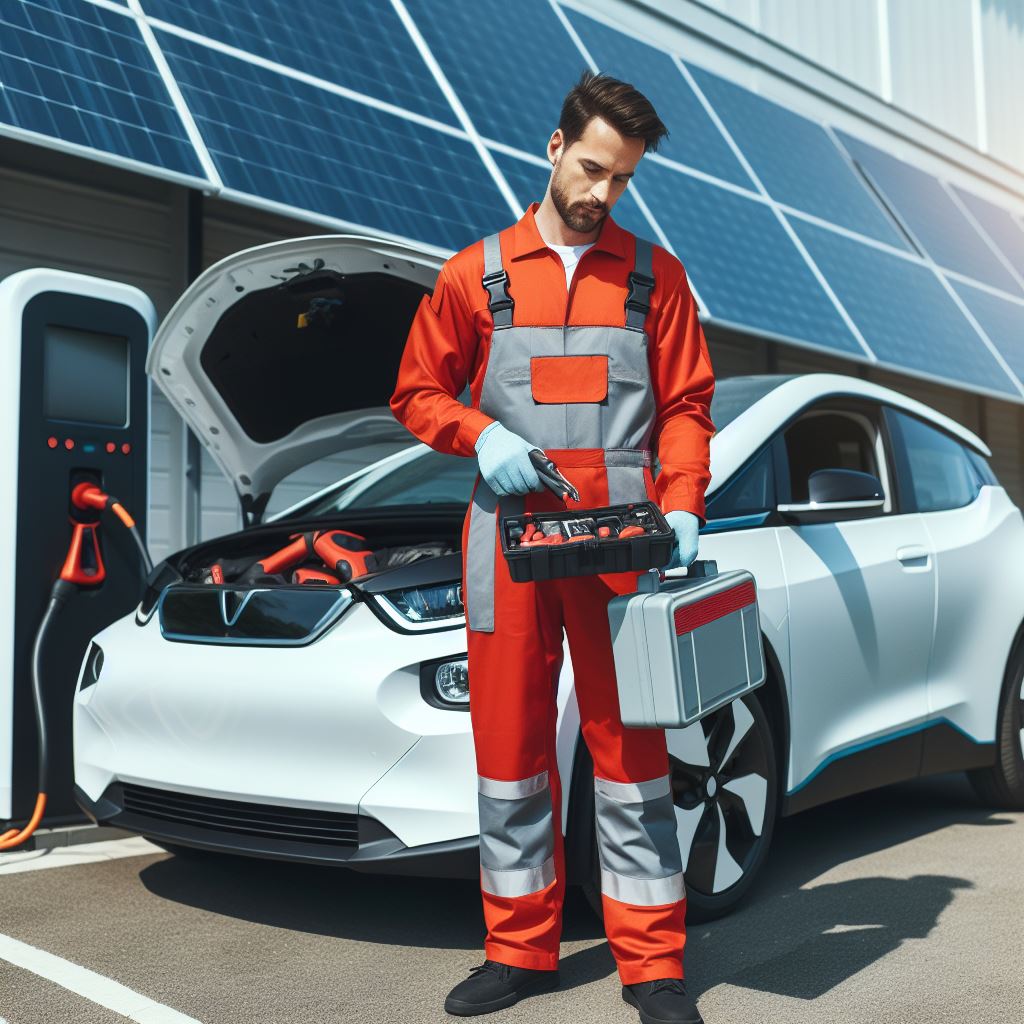EV vs HEV Maintenance
Mercedes Porsche Mechanic | Midtown Auto Repair | Sacramento
P. 916.382.7700
EV vs HEV Maintenance
Electric vehicles (EVs) and hybrid vehicles (HEVs) share the common goal of reducing reliance on traditional internal combustion engines, but they differ significantly in their maintenance requirements due to distinct powertrain architectures. Understanding these differences is crucial for efficient and cost-effective ownership.
One major divergence lies in the complexity of the powertrain. EVs operate solely on electric power, while HEVs combine an internal combustion engine with an electric motor. Consequently, EVs typically have fewer moving parts and require less frequent maintenance. Traditional maintenance tasks such as oil changes, exhaust system checks, and transmission servicing are obsolete in EVs, streamlining upkeep and lowering long-term costs.
However, EVs do come with their own set of considerations. Regular monitoring of battery health is vital, as the battery pack is a critical and expensive component. Owners should follow manufacturer recommendations for charging habits, avoiding frequent fast charging that can contribute to battery degradation. On the other hand, HEVs necessitate maintenance for both their internal combustion engines and electric components. This dual nature implies more components that may require attention, such as the fuel system and exhaust in addition to the electric motor and battery.
When it comes to braking systems, EVs often feature regenerative braking that converts kinetic energy back into electricity, reducing wear on traditional brake components. In HEVs, regenerative braking is also present, but the reliance on traditional braking is more significant, necessitating periodic brake system inspections.
Furthermore, both types of vehicles benefit from adherence to specific driving habits. For instance, EV owners should maximize range by avoiding aggressive acceleration and high-speed driving, while HEV drivers can optimize fuel efficiency by adopting a balance between electric and gas propulsion.
In conclusion, while EVs generally have lower maintenance requirements due to their simplified powertrains, HEVs necessitate attention to both internal combustion and electric components. Understanding the nuances of each system and adhering to manufacturer recommendations is crucial for ensuring longevity and cost-effectiveness in maintaining electric and hybrid vehicles.


